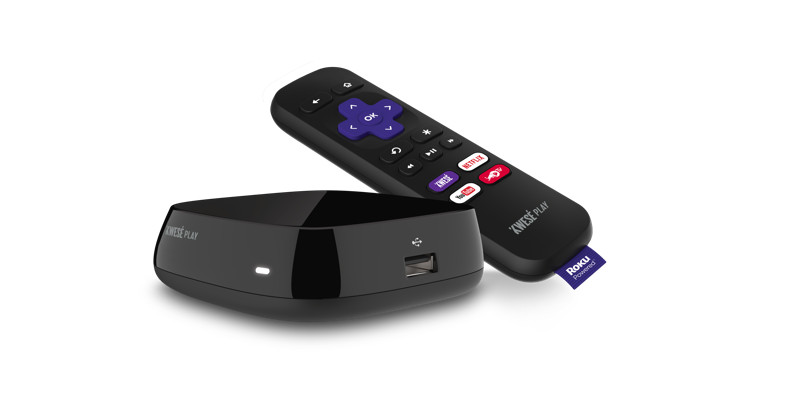Roku Inc, which recently partnered with Econet Media on Kwesé Play, has filed for an initial public offering (IPO) in its home country in the USA. They aim to raise $204 million in the IPO. Morgan Stanley and Citigroup lead the undewriting.
An IPO is simply the first time a private company’s shares are offered to the public. Underwriting is just a pledge to buy all the unsold shares in an issue like an IPO. So it means Roku is guaranteed of raising the capital they seek to raise. That giants like Morgan Stanley and Citigroup are underwriting the issue gives a lot more confidence to would-be investors.
Roku makes software and hardware for streaming video. The company competes with Apple TV and Google Chromecast in the digital streaming players market. It is with one such device that they partnered with Kwesé Play on.
The IPO filing revealed that the company, which started in 2002 has yet to turn a profit. That makes it 15 years making losses and still operating. Investors see something in Roku though as it has not struggled to raise capital over the years. They raised over $208m in 9 rounds from 12 investors dating back to 2008.
In terms of revenue Roku pulled in $399m last year compared to $320m the year before that. Losses amounted to $43m last year, up from $38m the year before. There was an increase in losses despite the increase in revenue.
Roku was one of the first movers in the home devices and streaming market and shows a lot of promise. 15 years on and investors still believe in that promise even as no profit has been posted. One wonders if they would still be operational in a country like Zimbabwe after going 15 years without profit.
It is not that Zimbabwean investors do not look at the ultimate long term, which they might not but the economy has not been kind enough here to allow investors to inject millions of dollars into a venture without getting any return for 15 years.
This means it is harder for startups in this country as they have to make profits in a shorter period of time. This pressure may lead to short term thinking which in turn jeopardises the long term survival of the startup. In this country it is only the parastatals that can go for decades without profit and still survive, like Netone which is still to post a profit.
The Roku and Kwesé partnership makes more sense after news of this IPO broke along with the financials of Roku for the past few years. Roku is looking to expand their market and they met a similarly ambitious partner in Kwesé. Roku was practically not available in Africa and if Kwesé Play kicks off there could be millions to be made, especially considering how expensive the Roku-powered Kwesé Play device is.

2 comments
You can see that in the First World, making recurring losses is not always a sign of failure. The business will keep operating provided the losses do not distract investors from a long-term investment vision of success and are not a result of fraud or dereliction of duty. If investors in the Third World had the same vision the outlook would be much brighter. Perhaps the turn off is compounded by inconsistent and unpredictable government policies and unstable “old man” politics….
Tesla is another company that comes to mind that haemorrhaged a lot of money for years but people still saw the potential in them. A brilliant idea will always work in the long run, but a brilliant idea needs a flourishing economy to succeed. That’s why start-ups here never survive for long in this country